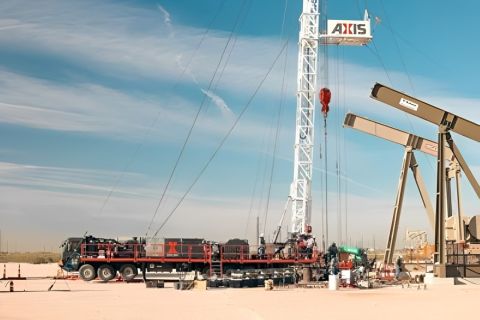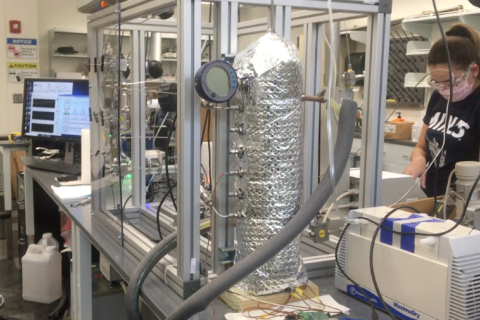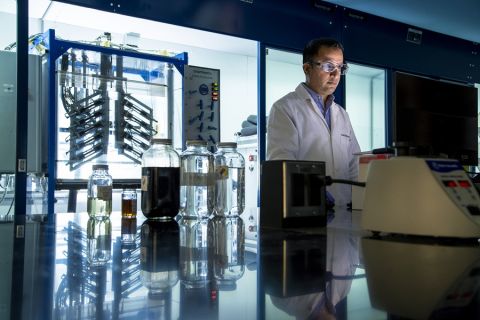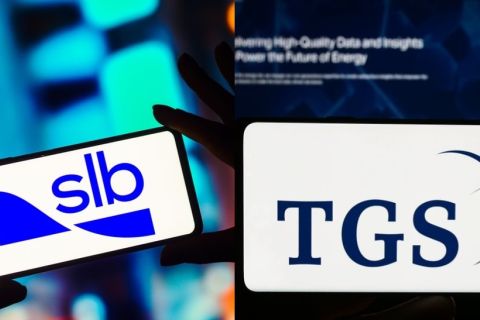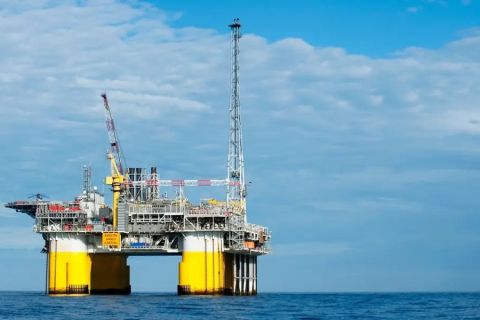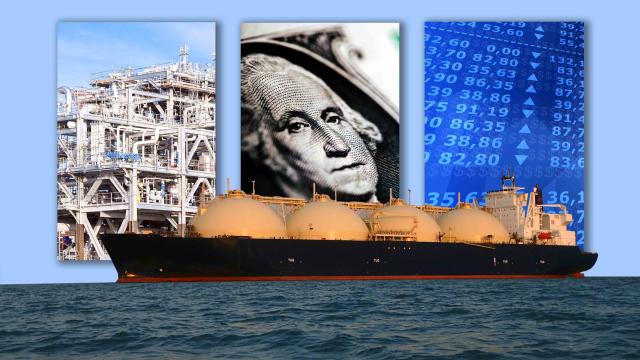
(Source: Shutterstock, HartEnergy.com)
In the space of just a week the international market for LNG took several major steps toward the long-sought goal of a high-volume, highly liquid, global trade like that of crude oil.
On Sept. 3, Freeport LNG shipped its first cargo and also secured a new equity partner. The next day CME Group, parent of the Chicago and New York mercantile exchanges, announced it would begin trading an LNG futures contract on Oct. 14 pending regulatory review. Then Freeport secured additional financing for its planned fourth train.
According to the International Energy Agency (IEA), by 2024, the United States will surpass Australia and Qatar as the world’s largest exporter of LNG. Additionally, the IEA anticipates U.S. LNG exports to exceed 100 billion cubic meters (Bcm) in the next five years. Global LNG demand is predicted to grow 4% annually, after reaching a record 432 Bcm in 2018, driven by growth in Pacific Asia.
While the first cargo out of Freeport is an important milestone for that facility, it is the investments in its growth—both equity and debt—as well as the start of futures trading on a major global exchange, that emphasize the new status of North American LNG on the international energy market.
CME claims first-mover status, asserting its “U.S. LNG Export futures will be the first-ever physically delivered LNG contract. Participants will take delivery at Cheniere Energy’s Sabine Pass facility. The Freeport LNG terminal and additional facilities will be included in future delivery months. The new LNG futures contract expands CME Group’s suite of global natural-gas futures and options and will complement the world’s leading gas benchmark, Henry Hub natural gas futures.”
U.S. LNG Export futures will be available for trading on CME Globex, for submission for clearing through CME ClearPort, and will be listed with and subject to the rules and regulations of NYMEX.
When a major global exchange adds futures or options trading in a new commodity, that is widely taken as a signal that the underlying physical market has arrived. It is also a point at which buyers, sellers, and traders can examine the mechanics of their terms and practices.
“As far as I can tell the contract [for the planned CME LNG futures] specifies f.o.b. [free on board] which implied loaded onto a ship,” said Ben Chu, director of LNG at consultancy Genscape. “Does that mean that deliveries are limited to dockings? What about delivery into storage at or near Sabine Pass or Freeport?” Chu also noted that ships vary in size and capacity. “Will there be different contracts for different ships? Any exchange with physical delivery involves execution risk.”
He acknowledged that there are still several weeks until trading is scheduled to begin on the LNG futures contracts, and that CME will have some time to explain the details of the contracts to the market.
CME said it “worked very closely with commercial customers and industry participants.” Peter Keavey, global head of energy, said “this contract is structured to align with the complex logistics of the LNG markets, including a monthly physical settlement on the U.S. Gulf Coast. At a time when the United States is poised to become a significant source of freely traded LNG cargoes, we believe our LNG and Henry Hub Natural Gas futures will help the industry more effectively and efficiently manage price risk around the world.”
Notably, the CME contracts are for physical delivery. The Intercontinental Exchange (ICE) already has a monthly cash-settled futures contract based on the Platts daily assessment price for the LNG Japan/Korea Marker (JKM). In March 2018 an online exchange called Redwood Markets announced plans to begin trading physical LNG.
Given the logistical complications of physical delivery—liquefaction, storage, and vessel loading—not to mention counter-party risk, Chu at Genscape suggested, “I could see CME following with a financially settled instrument. This [physical-settled contract] could be a price-discovery mechanism for a financial contract.”
As reported on HartEnergy.com on Sept. 9, Freeport LNG and Westbourne Capital signed definitive agreements under which Westbourne and its co-investors will provide a mezzanine loan of as much as $1.025 billion to a Freeport LNG subsidiary. The funding will support Freeport LNG’s proposed fourth natural gas liquefaction train.
Recommended Reading
Axis Energy Deploys Fully Electric Well Service Rig
2024-03-13 - Axis Energy Services’ EPIC RIG has the ability to run on grid power for reduced emissions and increased fuel flexibility.
Going with the Flow: Universities, Operators Team on Flow Assurance Research
2024-03-05 - From Icy Waterfloods to Gas Lift Slugs, operators and researchers at Texas Tech University and the Colorado School of Mines are finding ways to optimize flow assurance, reduce costs and improve wells.
Defeating the ‘Four Horsemen’ of Flow Assurance
2024-04-18 - Service companies combine processes and techniques to mitigate the impact of paraffin, asphaltenes, hydrates and scale on production—and keep the cash flowing.
TGS, SLB to Conduct Engagement Phase 5 in GoM
2024-02-05 - TGS and SLB’s seventh program within the joint venture involves the acquisition of 157 Outer Continental Shelf blocks.
2023-2025 Subsea Tieback Round-Up
2024-02-06 - Here's a look at subsea tieback projects across the globe. The first in a two-part series, this report highlights some of the subsea tiebacks scheduled to be online by 2025.


